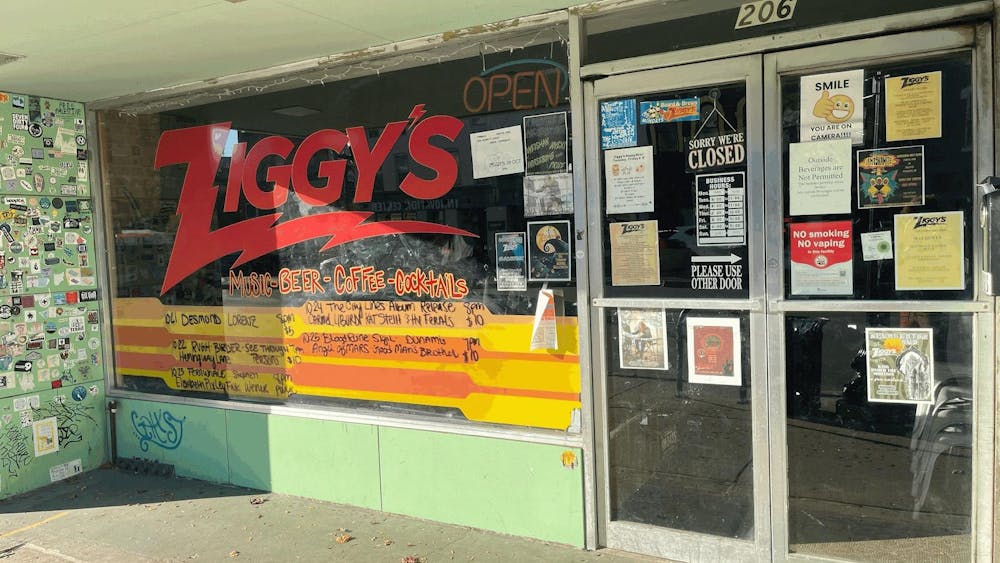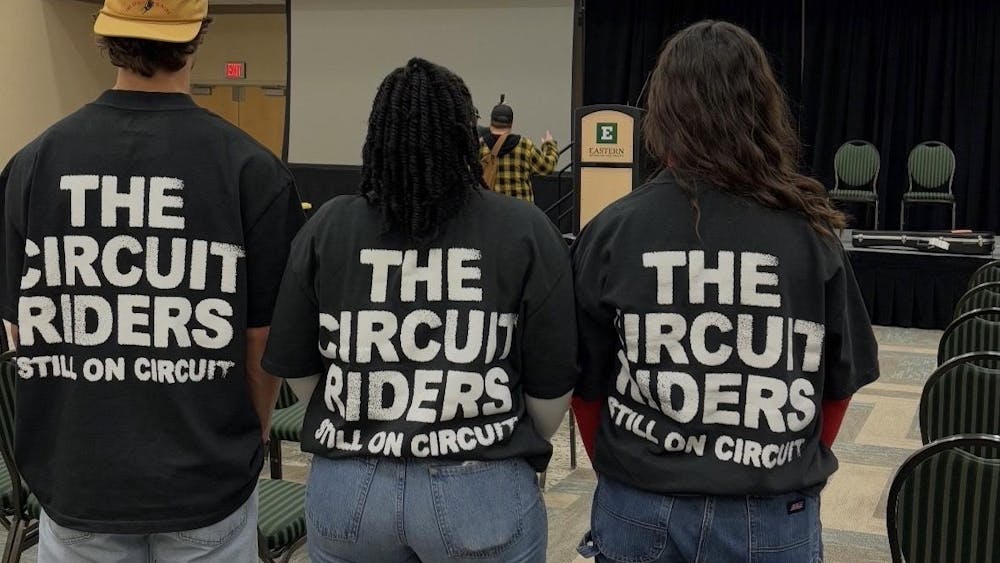Each year Eastern Michigan University celebrates Black History Month with a numerous events that focus on making students aware of the impact they have on the political and social issues in the community—and still we are oblivious to those who helped pave the way.
In high school our history books only taught us so much. We forget there is more black excellence than the history books lead on. The people in the front are the ones who get the recognition, which leaves many behind the scenes in the shadows.
Each year we’re introduced to influential people in our history that left footprints for us to walk on. Our generation is constantly reminded of Rosa Parks, Malcolm X, Martin Luther King Jr., W.E.B. DuBois, Harriet Tubman and Frederick Douglas. Yet, there are so many who deserve recognition for all their hard-work, resilience and courage.
Ella Josephine Baker
Ella Baker (Dec. 13, 1903-Dec. 13, 1986) from Virginia was an African American civil-rights and human rights activist. She, like many others were behind the scenes putting the jigsaw puzzle together so we may have great people like Martin Luther King Jr., W.E.B. DuBois and Thurgood Marshall.
She has been called, "one of the most important African American leaders of the twentieth century and perhaps the most influential woman in the civil rights movement."
Her career extended over five decades, working closely to most of the famous civil right leaders in the 20th century. Baker has even mentored our most influential civil right activists such as, Rosa Parks, Diana Nash and Bob Moses, just to name a few. Baker was hired in Dec. of 1940 as a secretary for the National Association for the Advancement of Color People (NAACP) making her the highest-ranking woman in the organization.
She pushed the organization to decentralize its leadership structure and to aid its membership in more activist campaigns on the local level. Baker believed that the strength of an organization grew from the bottom up and not the top down. Her recognition will not go unnoticed.
Bayard Rustin
Bayard Rustin (March 17, 1912- Aug. 24, 1987) from Pennsylvania was an American leader in social movements for civil rights, socialism, nonviolence and gay rights.
He was a leading activist of the early 1947–1955 Civil Rights Movement, helping to initiate The Freedom Ride in 1947. With civil disobedience, the racial segregation issue related to interstate busing. He recognized Martin Luther King, Jr.'s leadership and helped to organize the Southern Christian Leadership Conference to strengthen King's leadership.
Rustin promoted the philosophy of nonviolence and the practices of nonviolent resistance, which he had observed while working with Mahatma Gandhi's movement in India.
Rustin served rarely as a public spokesperson. He usually acted as an influential adviser behind the scenes to civil-rights leaders. In the 1980s, he became a public advocate on behalf of gay and lesbian causes.
Robert Smalls
Robert Smalls (April 5, 1839 – Feb. 23, 1915) was an African American born into slavery in Beaufort, S.C., but during and after the American Civil War, he became a ship’s pilot, sea captain and politician.
He freed himself, his crew and their families from slavery on May 13, 1862, when he led an uprising aboard a Confederate transport ship, the CSS Planter in Charleston harbor, and sailed it north to freedom. He successfully helped persuade President Abraham Lincoln to accept African American soldiers into the Union Army.
As a politician, Smalls authored state legislation that gave South Carolina the first free and compulsory public school system in the United States.
Claudette Colvin
Claudette Colvin (Sept. 5, 1939--) like many before her were casted in the shadows of our Montgomery Bus Boycott. She is a pioneer of theAfrican AmericanCivil Rights Movement. On March 2, 1955, she was the first person arrested for resisting bussegregationinMontgomery, Alabama.
Although, at the time of her courageous movement, Montgomery’s leaders did not want to publicize her pioneering efforts because she was a pregnant teenager. The NAACP was concerned with their image for the boycott.
In 1955, Colvin was a student at the segregated Booker T. Washington High School. Colvin was one of five plaintiffs, along with Aurelia S. Browder, Susie McDonald, Mary Louise Smith and Jeanatta Reese, in the court case Browder v. Gayle.
Though Colvin was the "spark" that may have ignited the Montgomery Bus Boycott movement, NPR's Margot Adler said that black organizations felt that Rosa Parks made a better test case for integration because she was an adult and she had the right hair and look to make her appear middle class.
Their black excellence is recognized for all they and many others have done for our generation. Don’t be fooled by the history books, there is so much more to learn.









